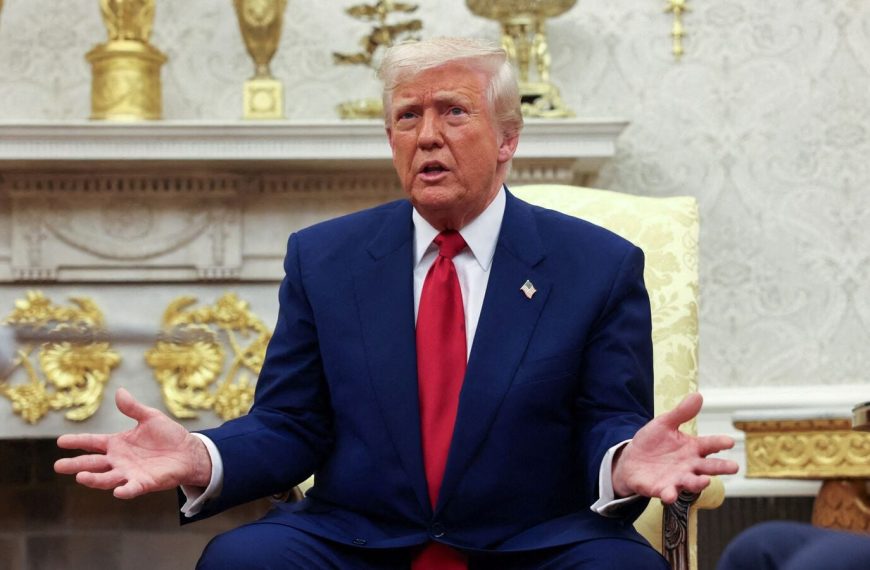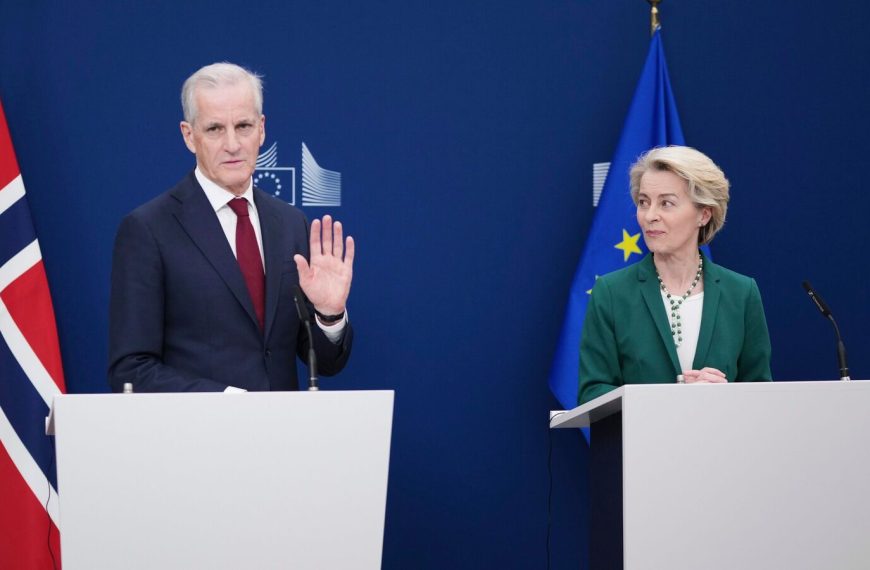The latest updates from the Office for Budget Responsibility (OBR) reveal a mixed bag for the UK economy, prompting significant discussions among policymakers. While the OBR has reduced its growth forecast for this year to a modest 1%, the agency forecasts a 0.2% increase in the economy’s size by 2029 compared to previous estimates. This revision was highlighted by Labour’s Shadow Chancellor, Rachel Reeves, during her Spring Statement, where she emphasized the positive impact of proposed planning reforms.
Growth Forecast and Economic Impact
Reeves noted that Labour’s planning reforms are expected to facilitate the construction of an additional 170,000 homes throughout the parliament. This initiative is projected to boost GDP levels by 0.2% by the end of the parliamentary term and 0.4% over the next decade. This optimistic outlook offers a silver lining amid challenges posed by rising borrowing costs, which have significantly strained public finances.
- Key Highlights:
- OBR revised growth forecast to 1% for the current year.
- Projected economic size increase of 0.2% by 2029.
- Proposed reforms aim for 170,000 new homes.
Fiscal Strategy and Challenges
To address the challenges in public finances, Reeves successfully restored the £9.9 billion buffer against her primary fiscal rule that was established in the previous October budget. Achieving this required a strategic approach, including £14 billion in savings derived from cuts to welfare and public services, along with modest tax increases primarily targeting tax avoidance.
Reeves made it clear, stating, “These fiscal rules are non-negotiable. They represent our steadfast commitment to ensuring economic stability.” However, these measures have raised concerns among Labour MPs about the potential compromise of the party’s foundational values.
Living Standards and Future Prospects
Despite the necessary cuts, Reeves pointed out that living standards are set to improve during the parliamentary term. “According to the OBR, households can expect to be over £500 better off per year under this government when adjusted for inflation,” she asserted. This assertion aims to reassure constituents that economic policies will ultimately benefit the average citizen, even amidst stringent fiscal measures.
In summary, while the OBR’s latest growth predictions present a complicated economic landscape, Labour’s proposed reforms and fiscal strategies aim to foster a healthier economy for the UK. As the government navigates through these changes, the focus remains on balancing fiscal responsibility with the needs of the public.











